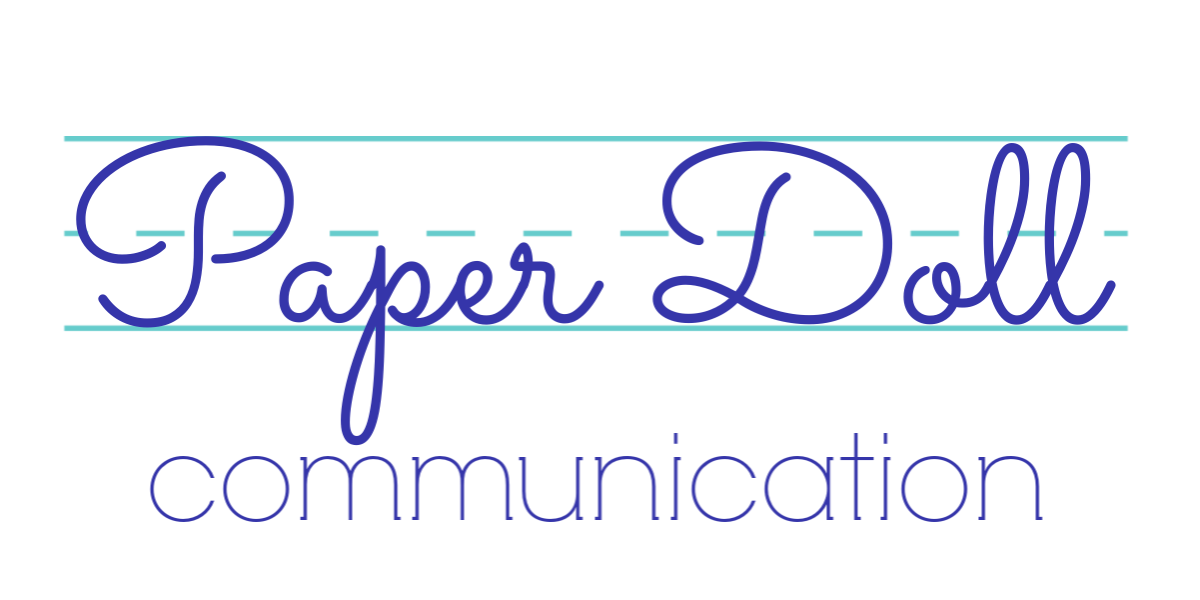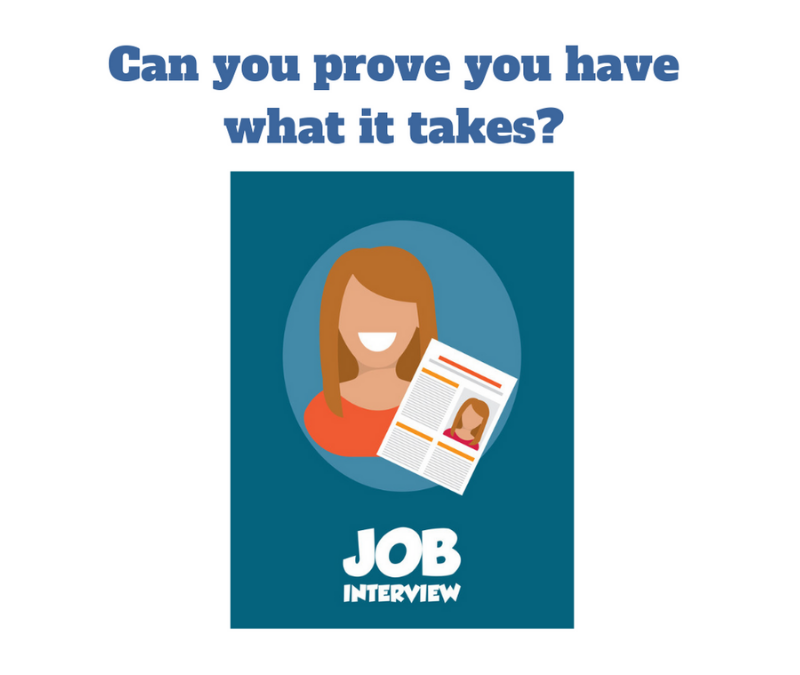Many of the most important skills required for a job are what we consider soft skills. They are our interpersonal skills. How we think and handle ourselves and how work with others. The knowledge we’ve developed through our life and business experiences and on the job learning is much harder to define and measure, but it is indicative if we’re the right fit for a given job and company culture.
Employers identify the core soft skills, or core competencies, of each role. These are typically outlined in the job description, and these are the skills and traits you can expect to be questioned about in a Behavioral Interview. They will also often be probing for values and personality style. You can review the website to identify the corporation’s core values if they are not described in the job posting.
Your interview may be a mix of competency-based questions and traditional interview questions like, “What are your strengths and weaknesses?” or “What is your five-year plan?”. The competency-based Behavioral Interview questions will start with phrases like, “Have you ever…”, “Tell me about a time…”, “Describe a situation when…”, “What do you do if…” or “Give me an example of…”.
The employer is looking for you to demonstrate the skills with such a clear example as to prove you have what it takes. The premise is that your past behavior is indicative of how you will perform in the future.
Answer with specific examples and details, describe the task or problem and your role, then explain the actions you took and the result. Be sure to quantify positive outcomes whenever possible – numbers aid in measuring success, so do awards and praise – think of these as testimonials to the trait or skill you just defined having. Be focused and be concise. Each answer should only take a few minutes. And remember this isn’t what you would do, it’s explaining what you have done.
You can read more about the STAR method of responding to Behavioral Interview questions to aid in your preparation.


more empire market mirror
these details https://hydra20original.com
безупречный ресурс
Откровенные фото голых девок крупным планом